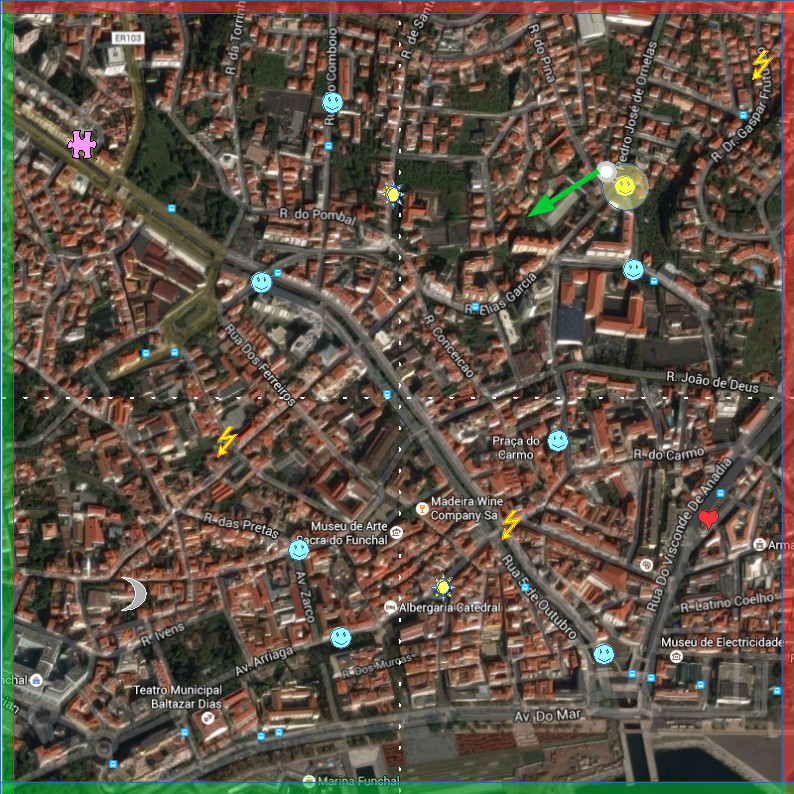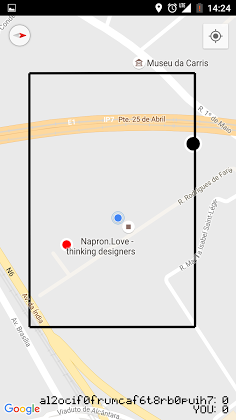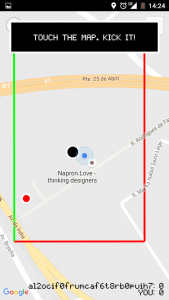A few weeks ago took place in Lisbon the first edition of Pixels Camp (aka Codebits 2.0), an event that I try to attend whenever it happens (see previous posts about it). It is the biggest technology focused event/conference in Portugal with a number of attendees close to 1000.
This year the venue changed to LX Factory, even though the place is really cool, it is not as well located as the previous venue, at least to people who don’t live in Lisbon and arrive to the airport. The venue was well decorated and with a cool atmosphere, giving you the feeling that it was the place to be. However, this year there was less room for the teams working on the projects and not everybody was able to get a table/spot (it appeared to me that the venue was a little bit smaller than the previous one).
From the dozens of great talks that were given on the 4 stages of the event, many of whose I was not able to see since I was competing in the 48h programming competition, bellow are two that I really liked:
Chrome Dev Tools Masterclass
IPFS, The Interplanetary Filesystem
If you have some curiosity you may find the remaining on their youtube channel.
All this is great but the main activity of Pixels Camp is the 48h programing competition and this year we had another great batch of cools projects being developed (total of 60, if I remember correctly).
As usual I entered the contest, this time with the fellow Whitesmithians, Rui and Pedro. We chose to develop a GPS based game, you know, since it seemed to be a popular thing this summer and we though the medium still has great potential to do really entertaining stuff.
The idea already had a few years but never had been implemented and at its core was quite simple. It took some ideas from the classic game “pong” and adapted it to be played in a fun way while navigating through a real world area.
We called it PonGO and essentially the users must agree on a playing field, such as city block, a city or even bigger areas, then they connect their phones and the ball starts rolling. The players have to move around with their phones (which they use to see the map and track everyone’s position) trying to catch the ball and throw it to the other side of the map. The player that is able to do it more times wins the game. Here is sketch we did while discussing the project:

As you can see in the above image, that would be on the phone’s screen, the player (in yellow) reached close enough to the ball so it can play it, now he has to change the direction to one of the opposite sides (marked as green). The other players (in blue), will have to run to catch the ball before it gets out. Spread across the map you can see some power ups that give users special capabilities.
That’s it, it might seem easy but doing it in less that 48h is not. We ended with a working version of the game but the power ups were not implemented due to time constrains. Here are some screenshots of the final result(we used the map view instead of the satellite view so it might look a little different):
The code itself is a mess (it was an hackathon what were you expecting) and can be found here and here.
At the end, it was a great event as usual and I would also like to congratulate some of my coworkers at Whitesmith that took home the 7th place in the competition. Next year I hope to be there again (and you should too).


Comments
One response to “Pixels Camp 2016”
Hi, I log on to your new stuff daily. Your story-telling style is awesome, keep up the good work!
Mentions